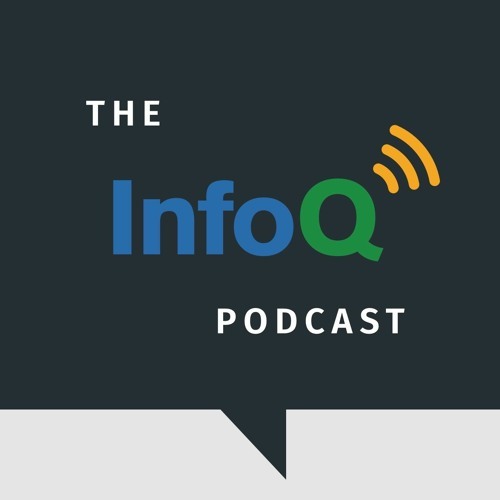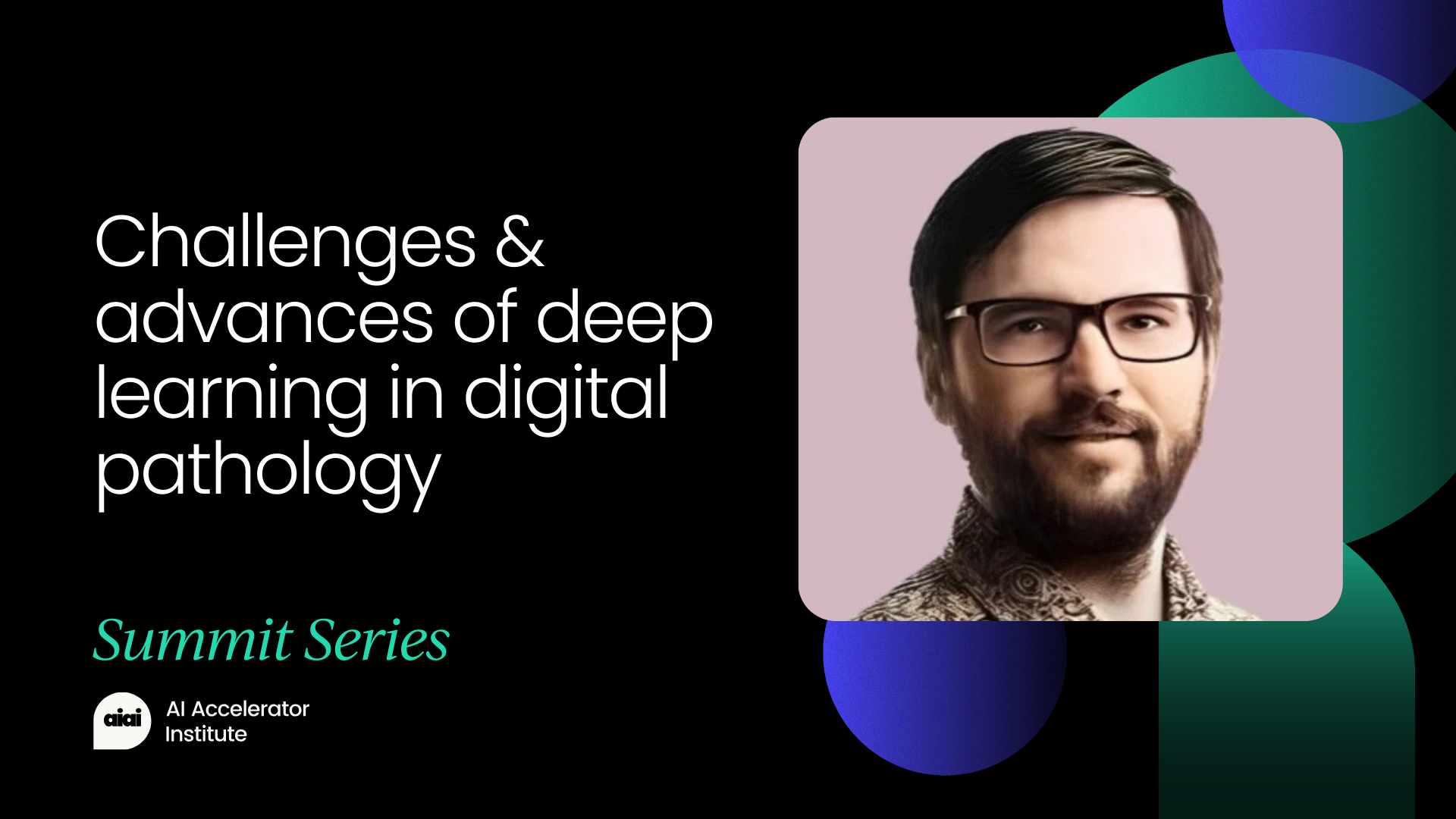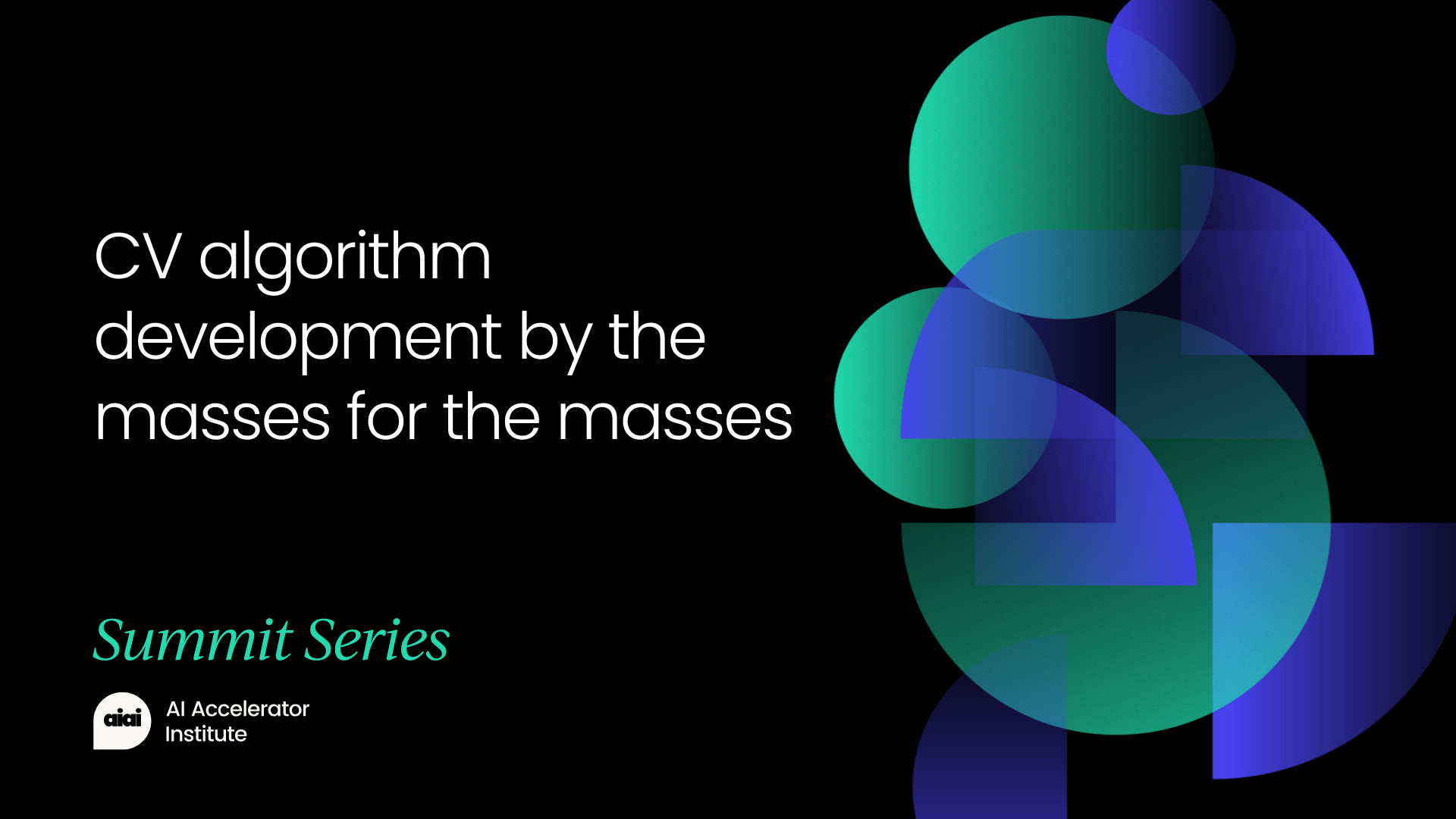Algorithmic Collusion of Pricing and Advertising on E-commerce Platforms
NeutralArtificial Intelligence
A recent study explores the potential for algorithmic collusion among online sellers using AI to set prices and advertising strategies on e-commerce platforms. While concerns about coordinated pricing have been raised, particularly in single-dimension scenarios, this research delves into how these algorithms interact when making two-dimensional decisions. Understanding this dynamic is crucial as it could impact market competition and consumer prices.
— Curated by the World Pulse Now AI Editorial System







